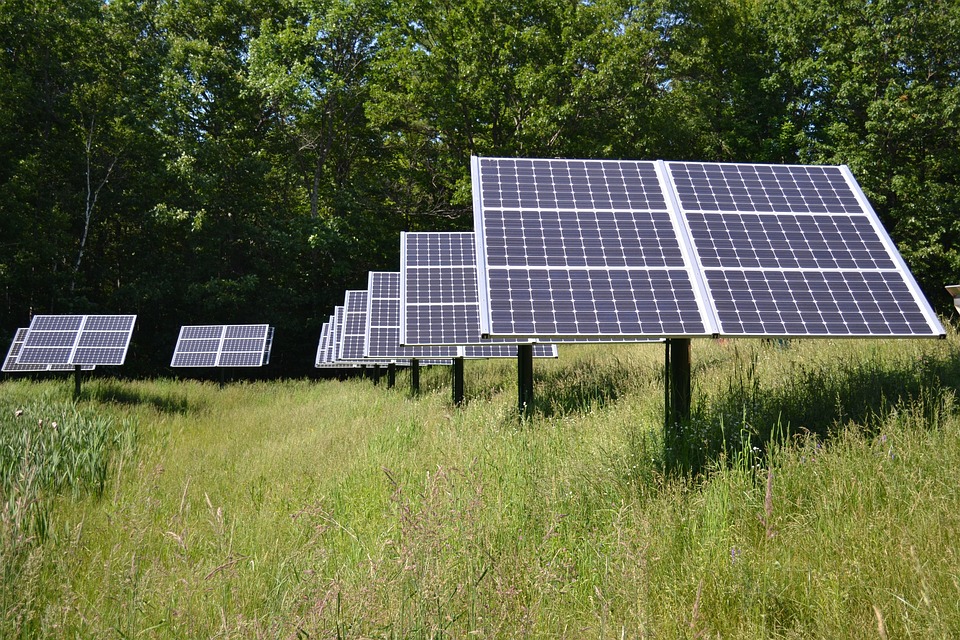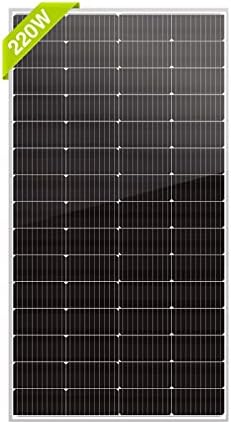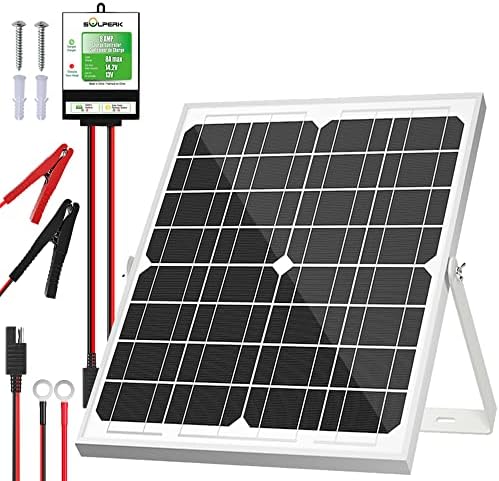# Embracing the Off-Grid Lifestyle: A Guide to Freedom and Self-Sufficiency
Picture this: I’m sipping fresh herbal tea made from homegrown mint on my porch, surrounded by towering pines and the gentle hum of nature. The sun peeks through the trees, casting a warm glow on my self-built cabin, a cozy sanctuary of peace and simplicity. This isn’t a scene from a rustic postcard; it’s my everyday reality living off the grid. The experience has transformed my relationship with the land, nature, and even myself. Embracing an off-grid lifestyle isn’t just about disconnecting from the hustle and bustle; it’s about finding freedom, self-sufficiency, and, for many of us, a deep-seated joy in simplicity.
## What Does It Mean to Live Off the Grid?
Living off the grid means opting out of conventional utilities and systems. While many envision solitude in the wilderness, the reality can be vibrant and socially engaging. It involves generating your own energy, growing your own food, and enjoying a lifestyle that’s as sustainable as it is fulfilling. It’s an opportunity to reconnect with nature and develop a lifestyle that respects the environment.
### The Allure of Freedom
One of the most appealing aspects of living off the grid is the unparalleled sense of freedom. Without the constant pressures of societal norms and consumption, you redefine what success and happiness mean. Instead of chasing paychecks or social media likes, you’re chasing sunsets, harvesting crops, or indulging in hobbies like woodworking or crafting. The allure of freedom also means the ability to choose how you spend your time—there’s no 9-to-5 grind holding you back.
### Sustainable Living: A Deep Dive
At its core, off-grid living is deeply rooted in sustainability. You learn to rely on renewable energy sources like solar panels or wind turbines to power your home. Rainwater collection systems can provide fresh water, and composting toilets ensure waste is managed sustainably. Each step toward self-sufficiency minimizes your environmental footprint and establishes a connection with nature.
#### Energy Independence: Harnessing the Sun and Wind
Imagine waking up each day knowing you’ve harnessed the sun’s energy to power your home. Solar panels can be installed on rooftops or mounted on posts in your yard. Pairing solar energy with wind turbines can create a highly efficient energy system.
#### Growing Your Own Food
Nothing tastes better than produce you’ve nurtured yourself. Whether it’s tomatoes, carrots, or herbs, growing your own food not only provides nourishment but also offers a therapeutic outlet. Permaculture, or agricultural practices aimed at sustainability, can be an excellent way to start.
### Building Your Off-Grid Haven
Constructing a home can be a rewarding yet challenging endeavor. Many folks choose to build tiny homes or cabins, often with reclaimed materials. Not only is building sustainable, but it also gives you autonomy over how you want to live.
#### Key Considerations in Construction
– **Location**: Choose a site that allows for easy access to natural resources like sunlight and water.
– **Materials**: Opt for local and sustainable materials when building. Reclaimed wood, cob, or straw bales can be fantastic choices.
– **Design**: Consider a layout that maximizes energy efficiency and incorporates passive heating and cooling solutions.
### The Role of Community
While off-grid living often evokes images of solitude, community is crucial. Many off-gridders forge friendships with neighbors and participate in local initiatives. Bartering skills and resources become a way to foster relationships and build supportive networks. A community garden, for instance, not only provides fresh produce but also nurtures camaraderie.
### The Challenges of Off-Grid Living
Every lifestyle has its battles, and living off the grid is no different. However, overcoming these challenges can lead to immense personal growth and satisfaction.
#### Initial Investment
Establishing an off-grid lifestyle often requires a significant initial investment for things like solar panels, equipment, and building materials. It’s crucial to factor in these costs, along with ongoing maintenance.
#### Maintenance and Repairs
Like any home, your off-grid setup will need regular upkeep. This self-sustainability gives you unique skills, but it can also become time-consuming and require learning curves, especially for those who are new to DIY projects.
#### Seasonal Challenges
Weather can be a double-edged sword. While a sunny summer day can boost your energy production, harsh winters could limit your resources. Preparing for seasonal challenges involves careful planning and adaptability.
### Pro Tips for Going Off-Grid
If you’re inspired to explore the off-grid lifestyle, here are some practical tips to help pave your journey:
1. **Start Small**: Test your off-grid lifestyle by experimenting with a small indoor garden or solar-powered gadgets before committing to a full shift.
2. **Research Local Regulations**: Before building or making significant changes, familiarize yourself with local zoning laws. Some regions have specific rules about off-grid living.
3. **Network with Like-Minded People**: Connect with others who are on similar journeys. Online forums, social media groups, and local meet-ups can yield valuable advice and support.
4. **Learn Essential Skills**: Knowing how to fix things around your home, garden, or even your own plumbing can save you time, money, and stress in the long run.
5. **Be Prepared for Setbacks**: Expect the unexpected–from equipment failures to crop failures. Resilience is key when living off the grid.
6. **Adopt a Minimalist Lifestyle**: Learn to value experiences over possessions. Decluttering not only simplifies your living space but also helps clear your mind.
### The Joys of Off-Grid Living
Imagine waking up to the sound of birds and the smell of fresh coffee brewed over an open fire. The joy that comes from working with your hands and watching your hard work bloom into a bountiful harvest can be incredibly fulfilling.
Life off the grid teaches appreciation — for nature, for personal effort, and for the loving community that surrounds us. The laughter shared over a communal dinner made from your harvest or the quiet moments spent watching the sunset over the trees stand as testaments to a lifestyle focused on living with intention.
### Conclusion
Living off the grid is not merely an escape from technology; it’s an invitation to cultivate a life brimming with purpose, sustainability, and fulfillment. While the journey presents challenges, the rewards are bountiful and multifaceted. For those looking to reconnect with nature and enjoy a simpler way of life, going off the grid may just be the perfect adventure. Whether you’re taking baby steps toward self-sufficiency or diving headfirst into homesteading, embrace the journey. Who knows? You might find that the life you’ve always dreamed of living is more attainable than you ever thought possible.
So, grab your seeds, let the sunlight in, and step into this vibrant, off-grid adventure!



